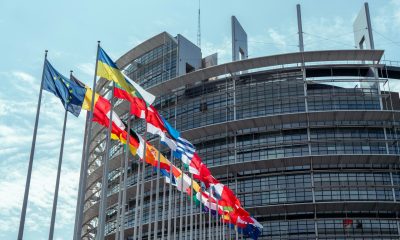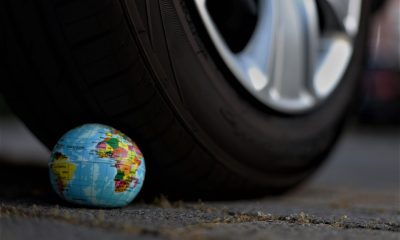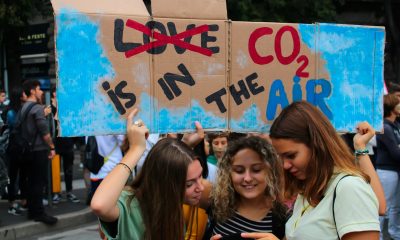Impact Investing
Why the Carbon Credit Market Is Not Working
The Carbon Brief analysis focused on 34 companies that alone used 38 million tons of carbon dioxide over the period 2020-2022, equivalent to the annual emissions of Ethiopia and Kenya combined. The analysis shows that the largest users of CO2 credits were Shell (9.9 million units), Volkswagen (9.6 million) and Chevron (6.0 million). Notably, Chevron purchased almost all credits from Colombia.
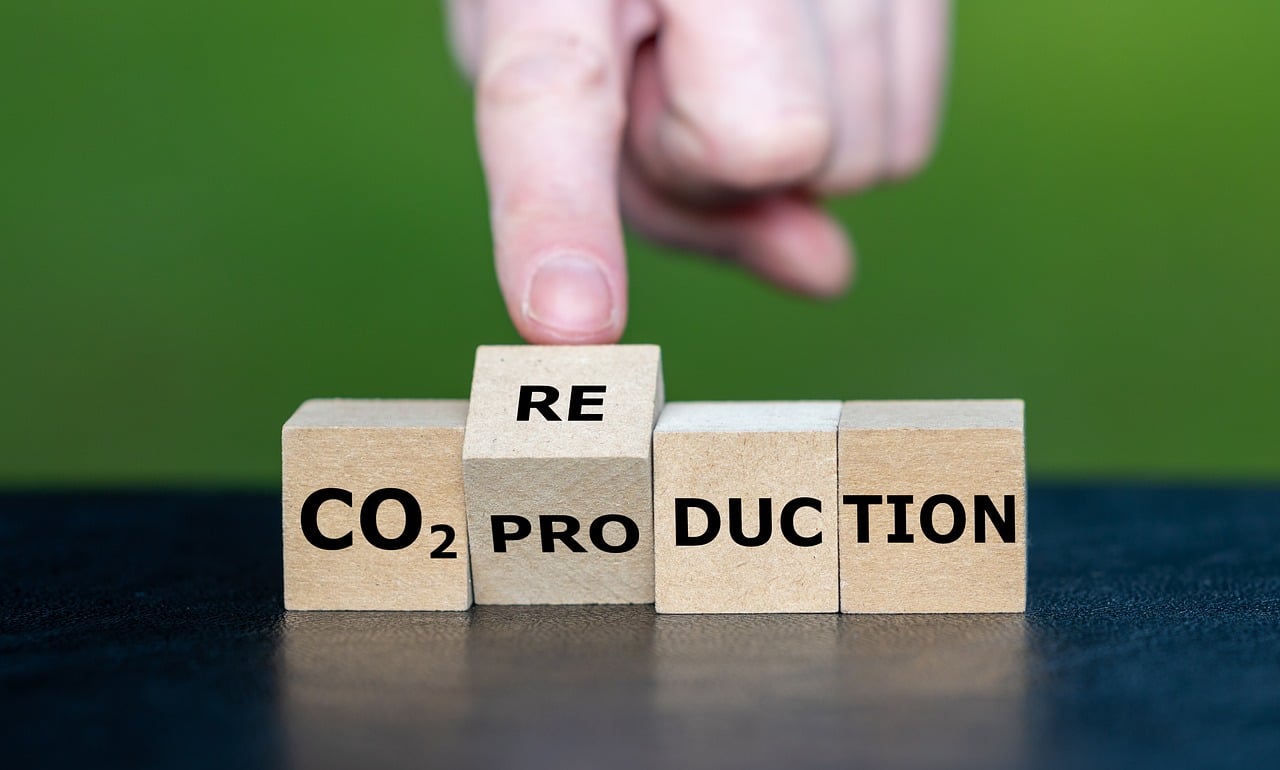
Offsetting CO2 emissions through carbon credits is the path chosen by most large companies to meet their climate goals. In fact, as many as two-thirds of companies that have announced a willingness to zero net emissions have favored this option.
A five-year Carbon Brief analysis reveals that. The market for emission credits, however, is still too controversial and is the area where the risk of greenwashing lurks most.
Read more about the carbon credit market and find the latest business news of the day with our companion app Born2Invest.
The cases of Switzerland’s South Pole and America’s Verra
A few examples? Take the two most important certifying bodies in the world, whose role is to ensure how much an offset project is “worth” in terms of emissions. We are talking about Switzerland’s South Pole and the U.S.-based Verra. South Pole is accused by the news platform Follow the Money of certifying projects for British Petroleum and Spotify whose credits come from cotton fields in China’s Xinjang region. Where the risks of using forced labor are particularly high
Verra, on the other hand, was the subject of a thorough investigation by the weekly Die Zeit, whose journalists reported that as many as 94 percent of the offset credits guaranteed by the company are actually “phantom credits.” That is, with no effect on the climate. Not only that, the company also allegedly overestimated some of the data sharply. And these are just some of the criticisms that have hit the two entities.
The other side of the carbon credit system
This is not the first time South Pole has come under the crosshairs of Follow the Money. In late January 2023, Dutch journalists focused on the planting project in Zimbabwe’s Kariba Forest. Between 2011 and 2021, South Pole sold 27 million tons of CO2 credits (nearly seven times the annual emissions of the entire city of Amsterdam) more than the project actually produced, to companies such as Gucci, Volkswagen, McKinsey, and the Dutch energy company Greenchoice. These companies, therefore, were able to count on a reduction in emissions that was not there in reality.
Verra, on the other hand, is in the crosshairs for sexual harassment cases. The SOMO organization has collected several interviews, more than thirty, with workers involved in the Kasigau Corridor REDD+ Reforestation Project (known simply as “Kasigau”), located in southeastern Kenya, founded and operated by the U.S.-based company Wildlife Works, whose credits have been sold to Netflix, McKinsey, Microsoft, and Shell. It is one of the most important and long-lived projects globally. Widely appreciated for the way it promotes local development and the empowerment of women and youth. But it is precisely to the detriment of these groups that cases of sexual harassment and abuse have allegedly taken place.
The Carbon Brief analysis cited in the opening focused on 34 companies that alone used 38 million tons of carbon dioxide over the period 2020-2022, equivalent to the annual emissions of Ethiopia and Kenya combined. The analysis shows that the largest users of CO2 credits were Shell (9.9 million units), Volkswagen (9.6 million) and Chevron (6.0 million). Notably, Chevron purchased almost all of the credits from Colombia: according to an investigation by the NGO Corporate Accountability, 93 percent of these offsets are bogus.
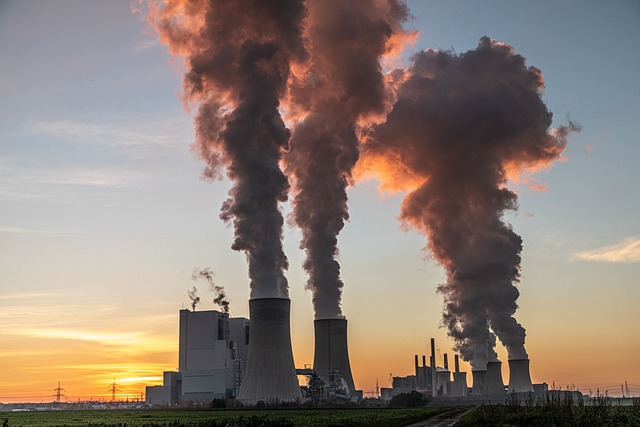
The relationship between American Chevron and Colombia casts a more general glance at the relationship that rich countries have with countries in the Global South
Generally, in fact, the former buy carbon credits from projects set in poorer countries. Many movements accuse industrialized countries of “neocolonialism.” That is because large portions of land in the Global South are effectively “locked away” with the goal of absorbing CO2 produced in the North. The accusation is also of harming local populations, particularly indigenous ones. Even in 70 percent of the reports reviewed by Carbon Brief, evidence of harm to indigenous peoples such as those in Peru, Kenya, and Zimbabwe was found.
But offset projects exist in the global north as well. Of the 2 million carbon credits generated in developed countries, two-thirds come from projects in the United States. These have almost all been sold to companies based in the same country, such as Microsoft and JP Morgan Chase.
Here, too, there is no shortage of allegations. In a 2020 investigation, Bloomberg accuses GreenTrees – a company that provides 16 percent of U.S. credits to clients such as Shell, Microsoft, Disney and many others – of also reusing credits that had already been counted in the past. Which therefore could not be sold again. Or of inflating new credits.
The actual reduction in emissions is negligible
Within this framework of interpretation, it is now clear to all that the market for carbon credits and offsets is not working, is controversial and, in some cases, not at all ethical. Not only that, but in practice, the effects on emissions reduction are quite negligible. A study now being published estimates that only 12 percent of offsets sold result in “real emission reductions.”
Yet there has been an explosion in recent years in major economies and companies seeking to “legitimize” their polluting activities by paying to reduce emissions elsewhere. In total, 146 million carbon credits were used in 2022, more than double the volume of just three years earlier.
A situation that is detrimental to Earth’s climate. And which, when it is not, too often reveals shadows on the social or governance side. Confirming that the transition can only be considered sustainable if all legs of ESG (environmental, socia,l and governance) “hold.”
__
(Featured image by 38308446 via Pixabay)
DISCLAIMER: This article was written by a third party contributor and does not reflect the opinion of Born2Invest, its management, staff or its associates. Please review our disclaimer for more information.
This article may include forward-looking statements. These forward-looking statements generally are identified by the words “believe,” “project,” “estimate,” “become,” “plan,” “will,” and similar expressions. These forward-looking statements involve known and unknown risks as well as uncertainties, including those discussed in the following cautionary statements and elsewhere in this article and on this site. Although the Company may believe that its expectations are based on reasonable assumptions, the actual results that the Company may achieve may differ materially from any forward-looking statements, which reflect the opinions of the management of the Company only as of the date hereof. Additionally, please make sure to read these important disclosures.
First published in valori, a third-party contributor translated and adapted the article from the original. In case of discrepancy, the original will prevail.
Although we made reasonable efforts to provide accurate translations, some parts may be incorrect. Born2Invest assumes no responsibility for errors, omissions or ambiguities in the translations provided on this website. Any person or entity relying on translated content does so at their own risk. Born2Invest is not responsible for losses caused by such reliance on the accuracy or reliability of translated information. If you wish to report an error or inaccuracy in the translation, we encourage you to contact us.

-

 Fintech4 days ago
Fintech4 days agoFirst Regulated Blockchain Stock Trade Launches in the United States
-

 Africa2 weeks ago
Africa2 weeks agoAir Algérie Expands African Partnerships
-
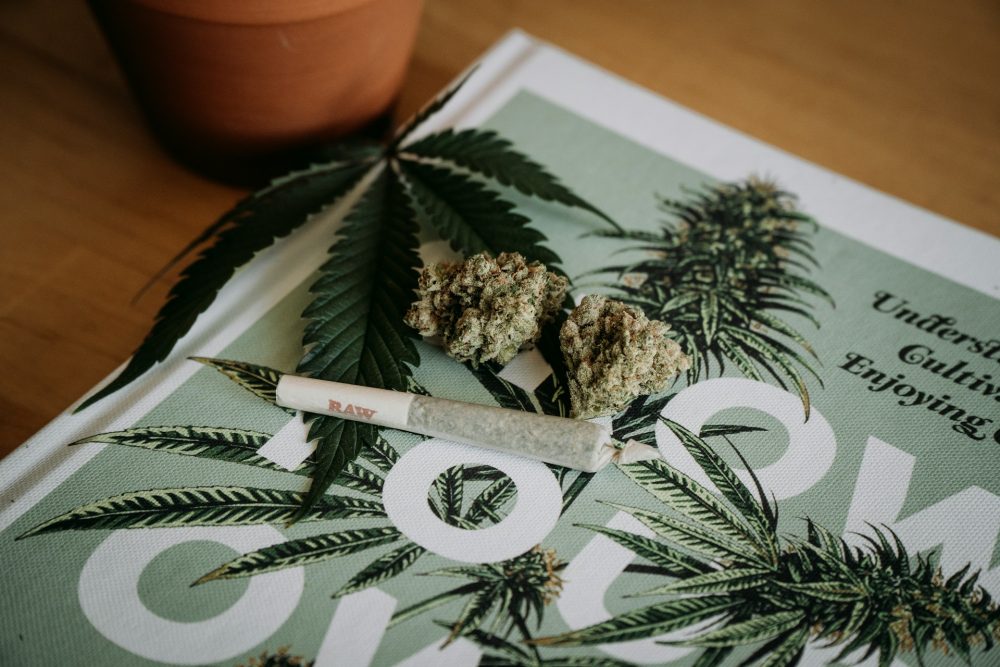
 Cannabis8 hours ago
Cannabis8 hours agoAurora’s Electric Honeydew Debuts in Poland, But Shared Registry Raises Patient Caution
-

 Markets1 week ago
Markets1 week agoRising U.S. Debt and Growing Financial Risks
